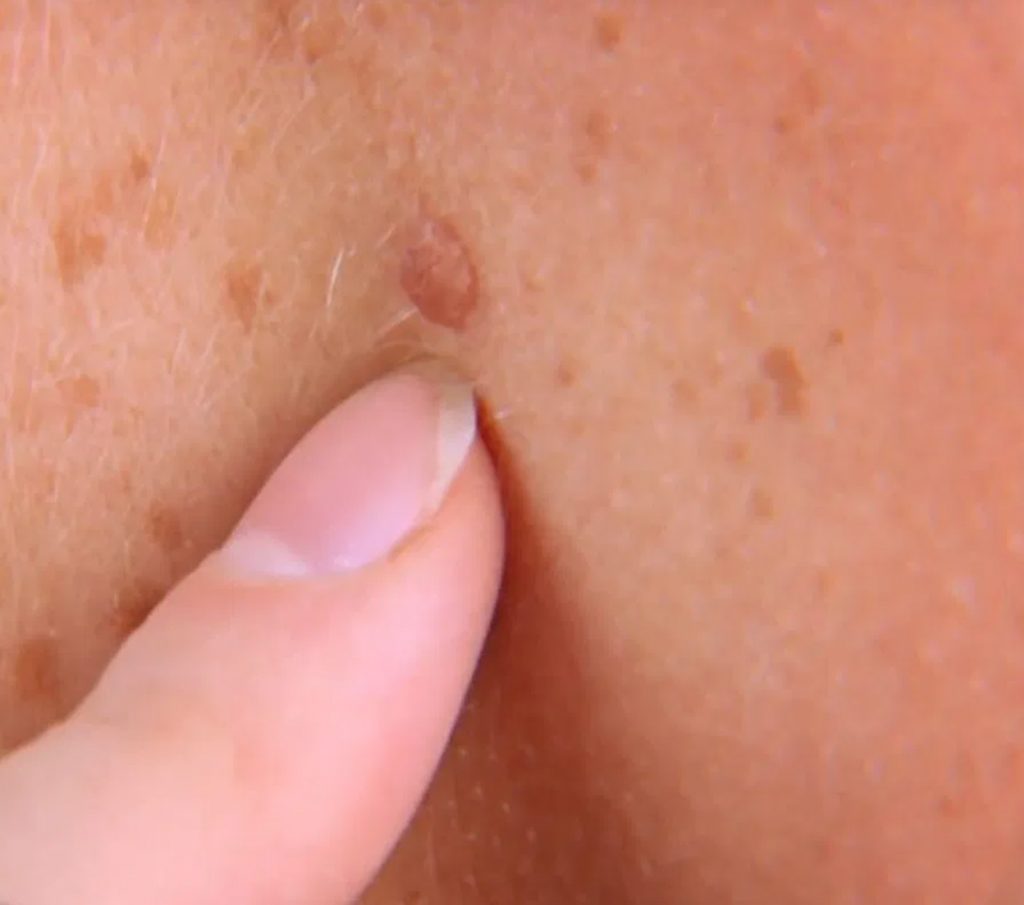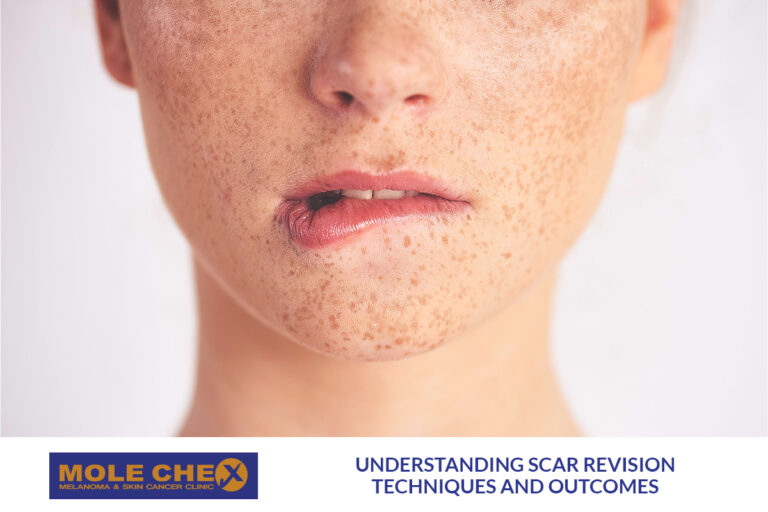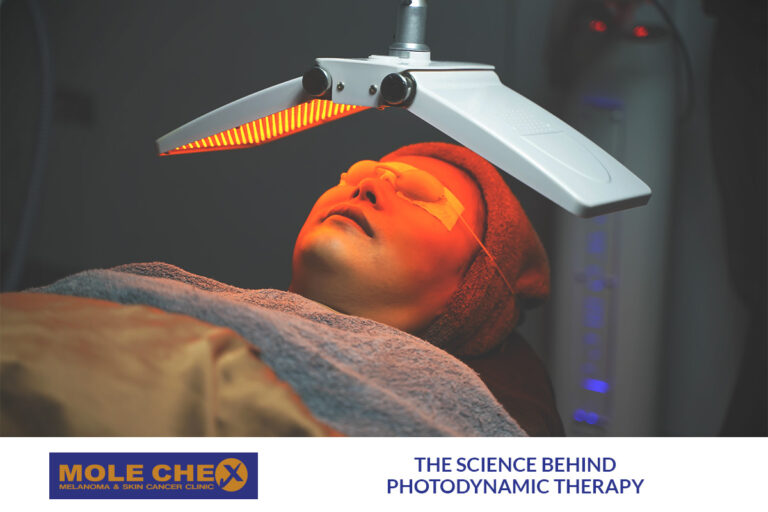Skin cancer is the most common form of cancer in Australia. Skin cancer is a disease of the body’s skin cells caused mainly by cumulative exposure to ultraviolet radiation (UVR) from the sun.
Cancer is a group of diseases in which cells are aggressive (grow and divide without respect to normal limits), invasive (invade and destroy adjacent tissues), and sometimes metastatic (spread to other locations in the body).
There are two types of skin cancers:
- Melanoma – is a serious type of cancer that begins in the skin and can spread to other organs in the body.
- Non-melanoma skin cancer – refers to a group of skin cancers that affect the upper layers of skin.
The most common sign of melanoma is the appearance of a new mole or a change in an existing mole. This can happen anywhere on the body, but most often on the back, legs, arms and face.
In many cases, melanomas have an irregular shape and have more than one colour. They may also be larger than normal moles and can sometimes be itchy or bleed.
Non-melanoma skin cancers are usually named after the type of skin cell from which they develop. The two most common types are:
- basal cell carcinoma (BCC)
- squamous cell carcinoma (SCC).
Early detection improves survival and other outcomes.
Get to know your skin. If you find a suspicious spot or mole, see your doctor as soon as possible. Skin cancer is diagnosed by physical examination and biopsy. Biopsy is a quick and simple procedure where part or all of the spot is removed and sent to a laboratory. It may be done by your family doctor or you can be referred to a dermatologist or surgeon. Results may take about a week to be ready.
Sources:
Australian Institute of Health and Welfare (Skin cancer in Australia), NHS Choices, UK (Skin cancer (melanoma)), NHS Choices, UK (Skin cancer (non-melanoma)), SunSmart (Skin cancer, diagnosis and treatment)
Last reviewed: September 2016





